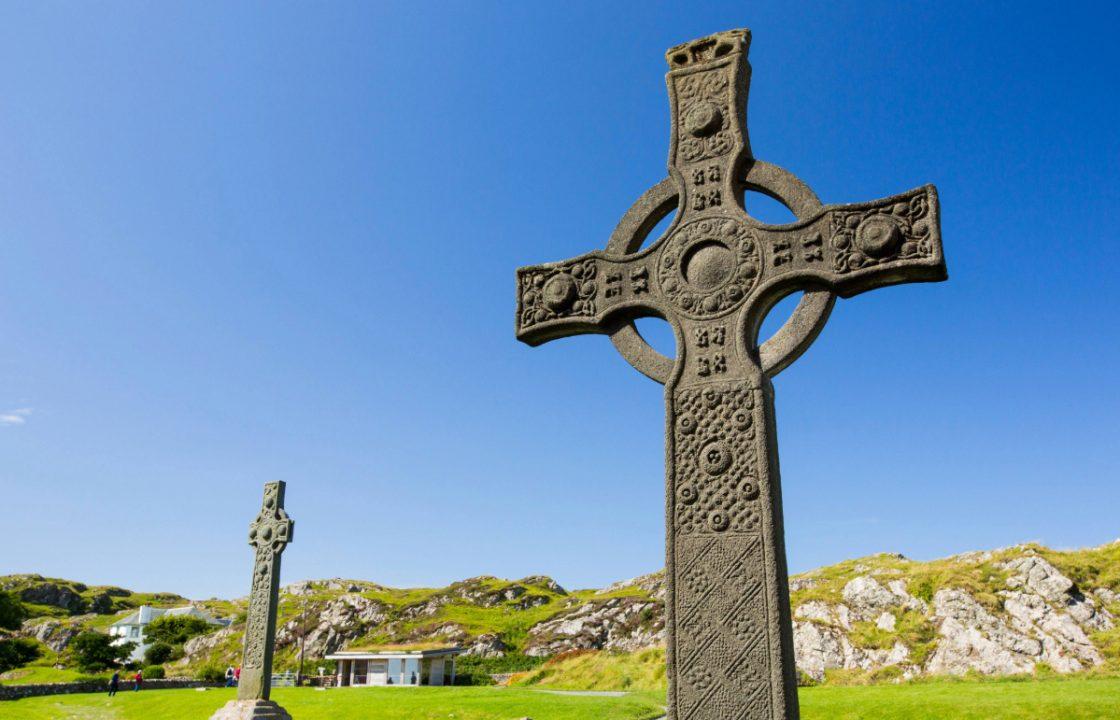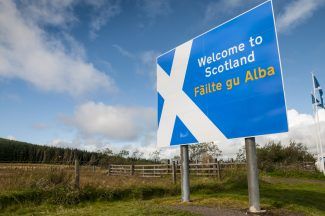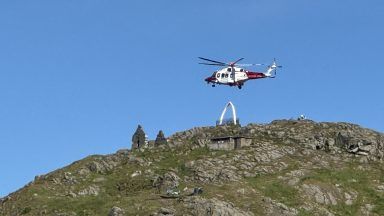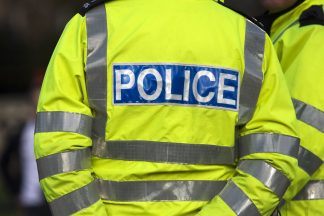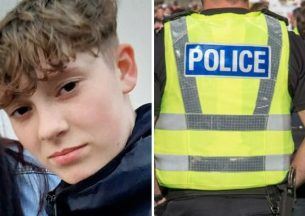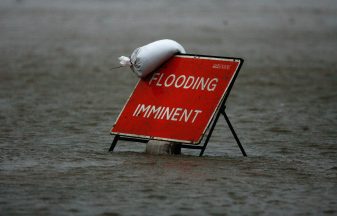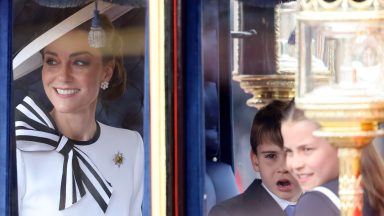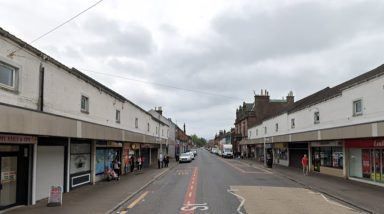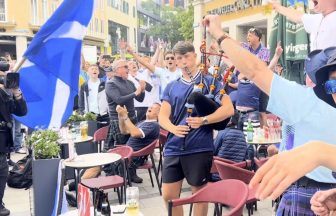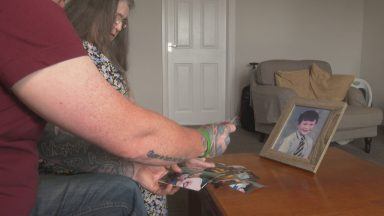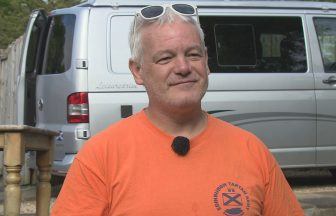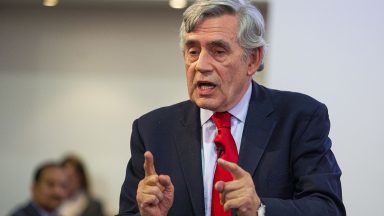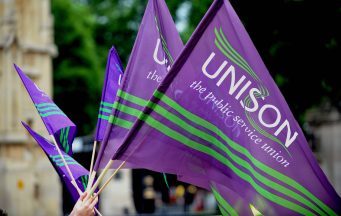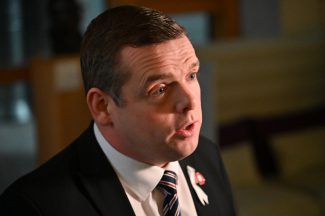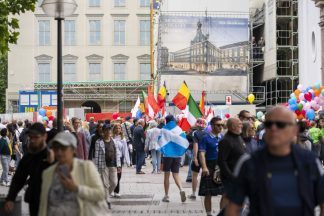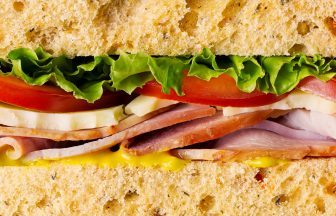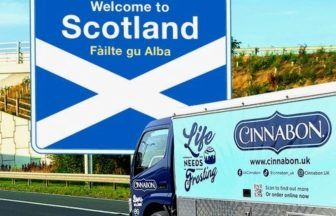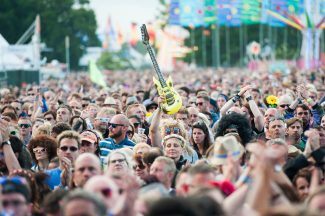The majority of people have said they have no religion for the first time in Scotland’s Census.
Most of the population (51.1%) described themselves as having no religion – up from 36.7% in 2011 – according to a new report released by National Records of Scotland (NRS).
“No religion” was the most common response in almost every council area in Scotland except Na h-Eileanan Siar where “Church of Scotland” remained the most common response and in Inverclyde where “Roman Catholic” was the most common response.
Across the country, 20.4% responded “Church of Scotland”, a decrease from 32.4% in 2011. This is a fall of 610,100 people since 2011, and over 1 million since 2001.
However, “Church of Scotland” remained the largest group among those who said they had a religion.
Roman Catholics made up 13.3% of respondents – a decrease of 117,700 since 2011 – followed by ‘Other Christian’ at 5.1% and Muslim at 2.2%.
The number of people who described themselves as Muslim increased by 43,100 over the same period. There was also increase in those who described themselves as Hindu.
The percentage of people in Scotland with a minority ethnic background increased from 8.2% in 2011 to 12.9% in 2022.
The majority of people in Scotland chose Scottish (77.7%) or Other British (9.4%) within the White category. In 2022 these groups together made up 87.1% of the population.
The ‘Other white’ category saw an increase of 56,600 people. Around three out of four people in this group had European heritage – they wrote in ‘European’, or wrote in a European country to define their ethnic background.
The ‘Mixed or multiple ethnic group’ category saw an increase of 41,000 people.
The ‘Other ethnic group’ category saw an increase of 22,400 people.
The report also shows that there were more people in older age groups than ever recorded in Scotland’s Census with one million people aged 65 and over (1,090,600).
This is 60.7% higher than the number aged 20 to 29 (678,900). And 55.1% higher than the number aged 30 to 39 (703,300).
The percentage of people who said Scotland was their only national identity increased since the previous census (from 62.4% to 65.5%). The percentage who said their only national identity was British also increased (from 8.4% to 13.9%).
The percentage who said they felt Scottish and British decreased (from 18.3% to 8.2%).
The census also found that 2.5% of people aged 3 and over had some skills in Gaelic in 2022. This is an increase of 43,100 people since 2011 when 1.7% had some skills in Gaelic.
In Na h-Eileanan Siar the majority of people had some Gaelic skills (57.2%). This was far higher than the next highest council areas, Highland (8.1%) and Argyll and Bute (6.2%).
The percentage of people with some skills in Scots also increased, to 46.2% in 2022 from 37.7% in 2011.
A total of 2.2% of people aged 3 and over can use British Sign Language (BSL). This was a new question for the 2022 census.
Director of census statistics Jon Wroth-Smith said: “These statistics give a fascinating insight into religion, ethnicity, national identity and language use across Scotland and how they have changed over the years.
“It is exciting to publish the first of topic releases and this, along with our other census data to come, will help local and central government, businesses and charities to plan services in the years ahead.”
Follow STV News on WhatsApp
Scan the QR code on your mobile device for all the latest news from around the country


